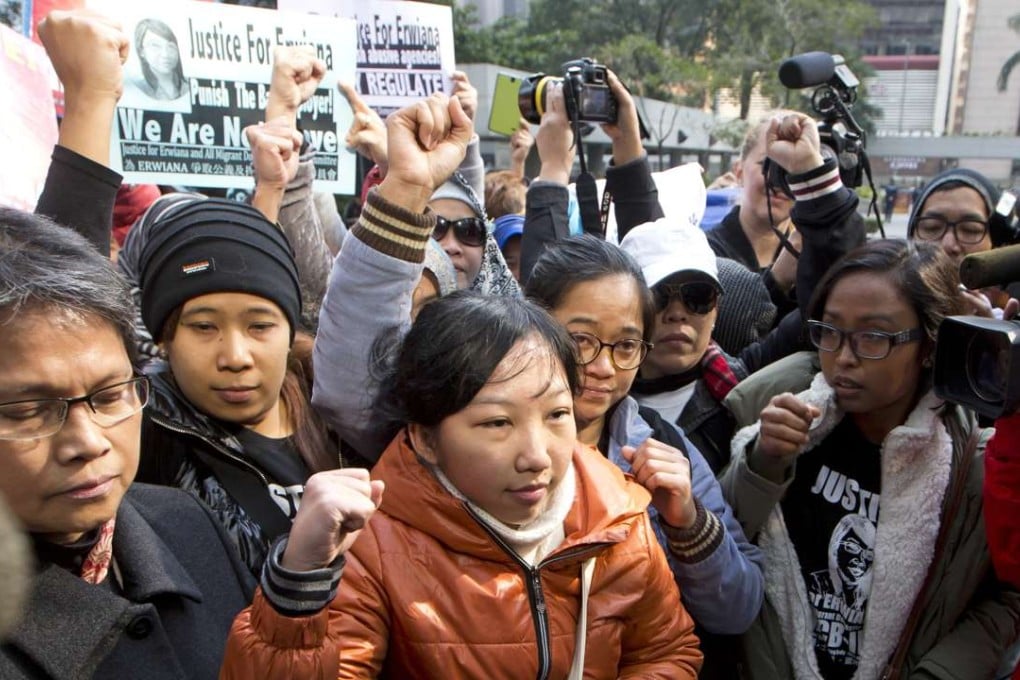Outside In | Migrant workers need protecting, but keeping them home is not the solution
Indonesian president Joko Widodo is right to be outraged at the plight of so many overseas workers – including those in Hong Kong – but is wrong to talk about halting outward labour migration

Is Hong Kong about to face a major home helper crisis? If Indonesia’s President Joko Widodo is true to his word, it seems we will – as early as next year.
President Widodo – Jokowi for short – insists that the country will stop allowing home helpers to work in the Middle East starting from June, and in economies like Hong Kong and Singapore by 2017. But, justified as he is to be outraged at the frequent appalling abuse of home helpers around the region, is he not creating more problems for himself and his economy than he is solving?
It is surely important to remember that the millions of (mainly) young girls that travel overseas, far from their homes and cultures, into work environments that resemble Victorian semi-slavery, are not travelling for the sake of their health. They are fleeing joblessness and poverty in an economy that has consistently failed to provide jobs or income security to large parts of its population.
To his credit, Jokowi has over the past year brought unemployment in Indonesia down from 6.2 per cent in 2015 to 5.5 per cent in the past quarter, but unemployment remains extremely high in many of the rural areas from which migrant workers so frequently come.
To clamp down on labour migration when there are no well paid jobs available at home is surely counterproductive. It is condemning families in the country’s poorer regions to grinding poverty and reliance on the state and welfare, when they have shown themselves willing and able to solve their economic problems for themselves.

